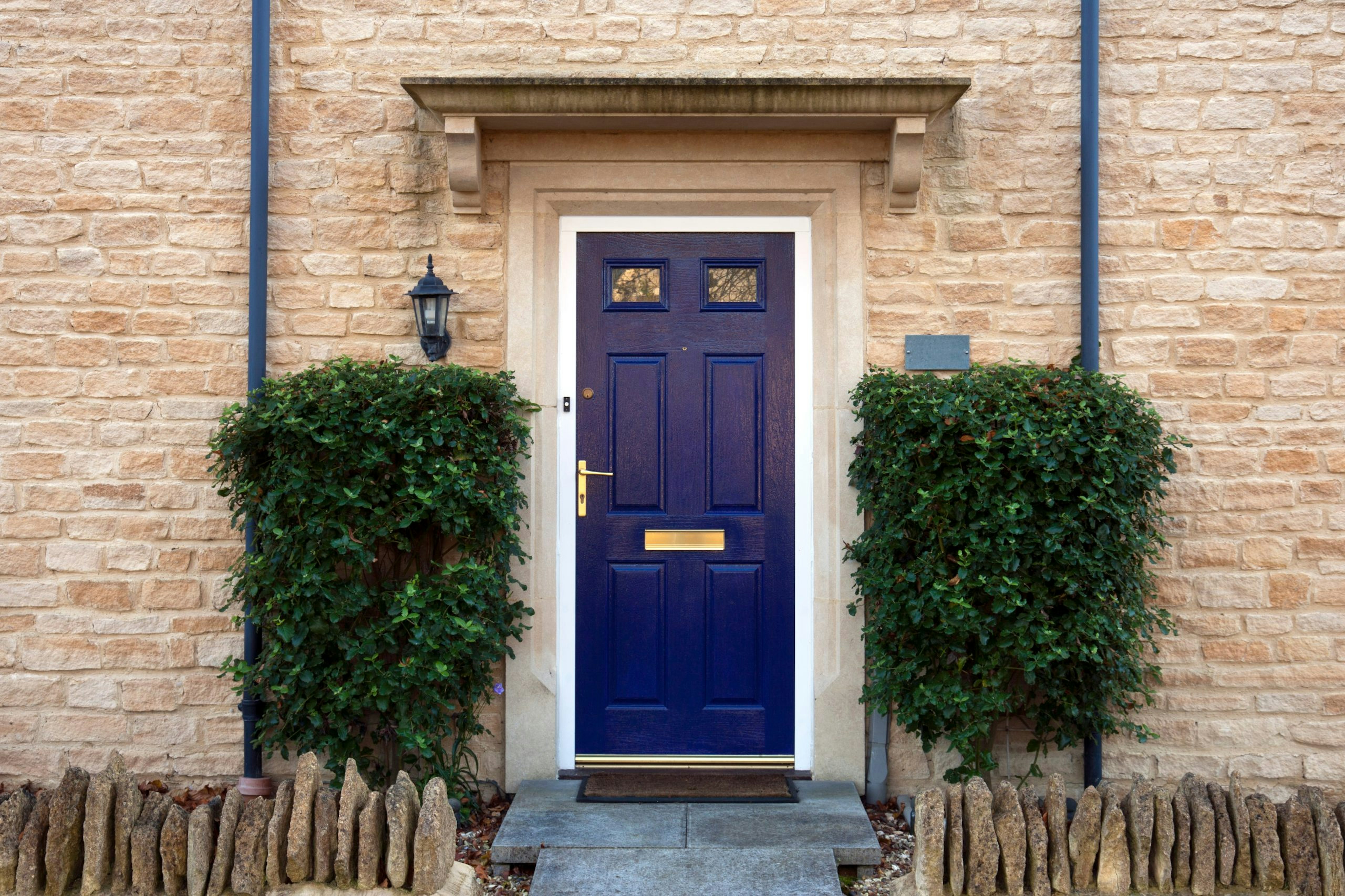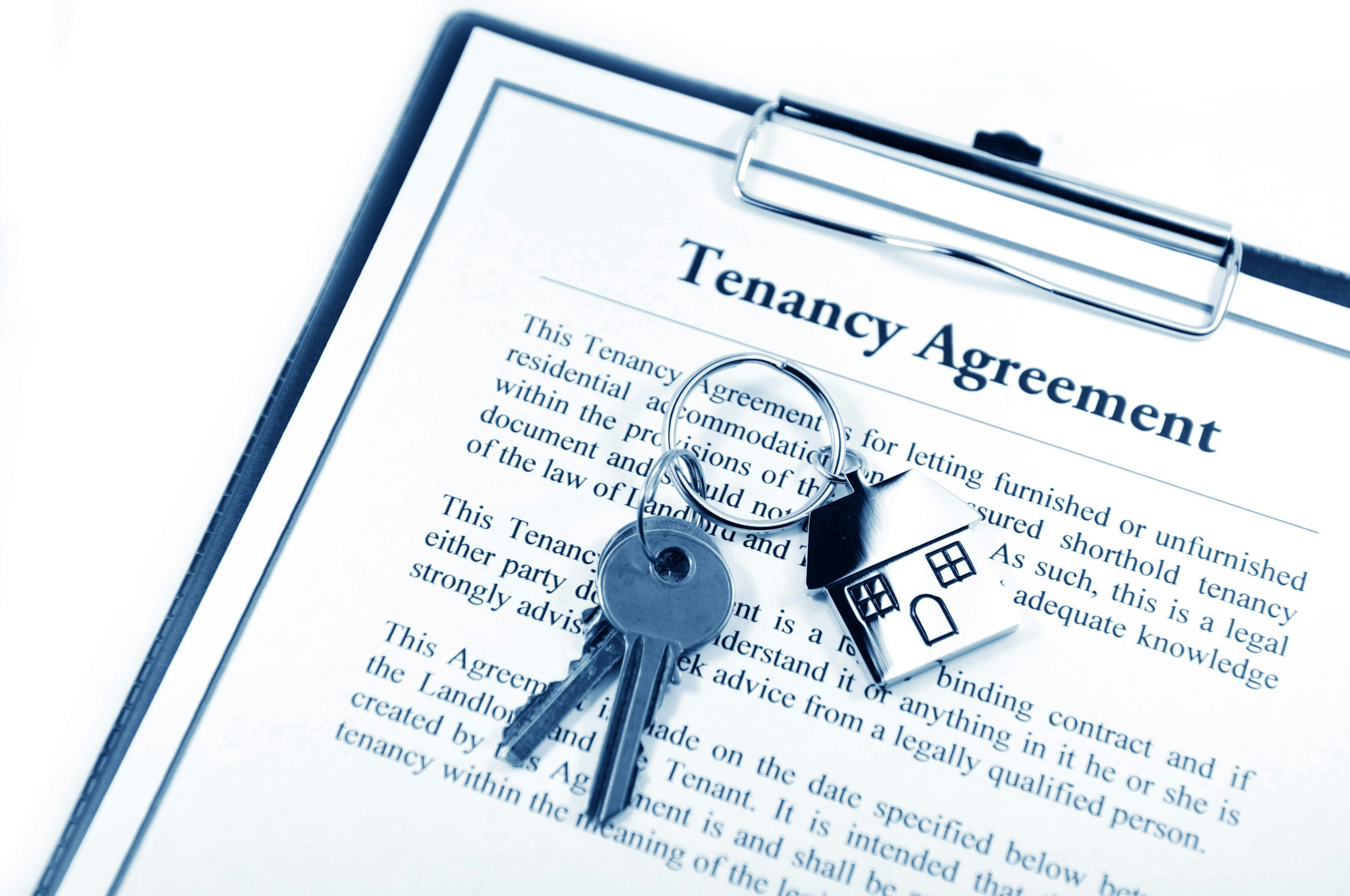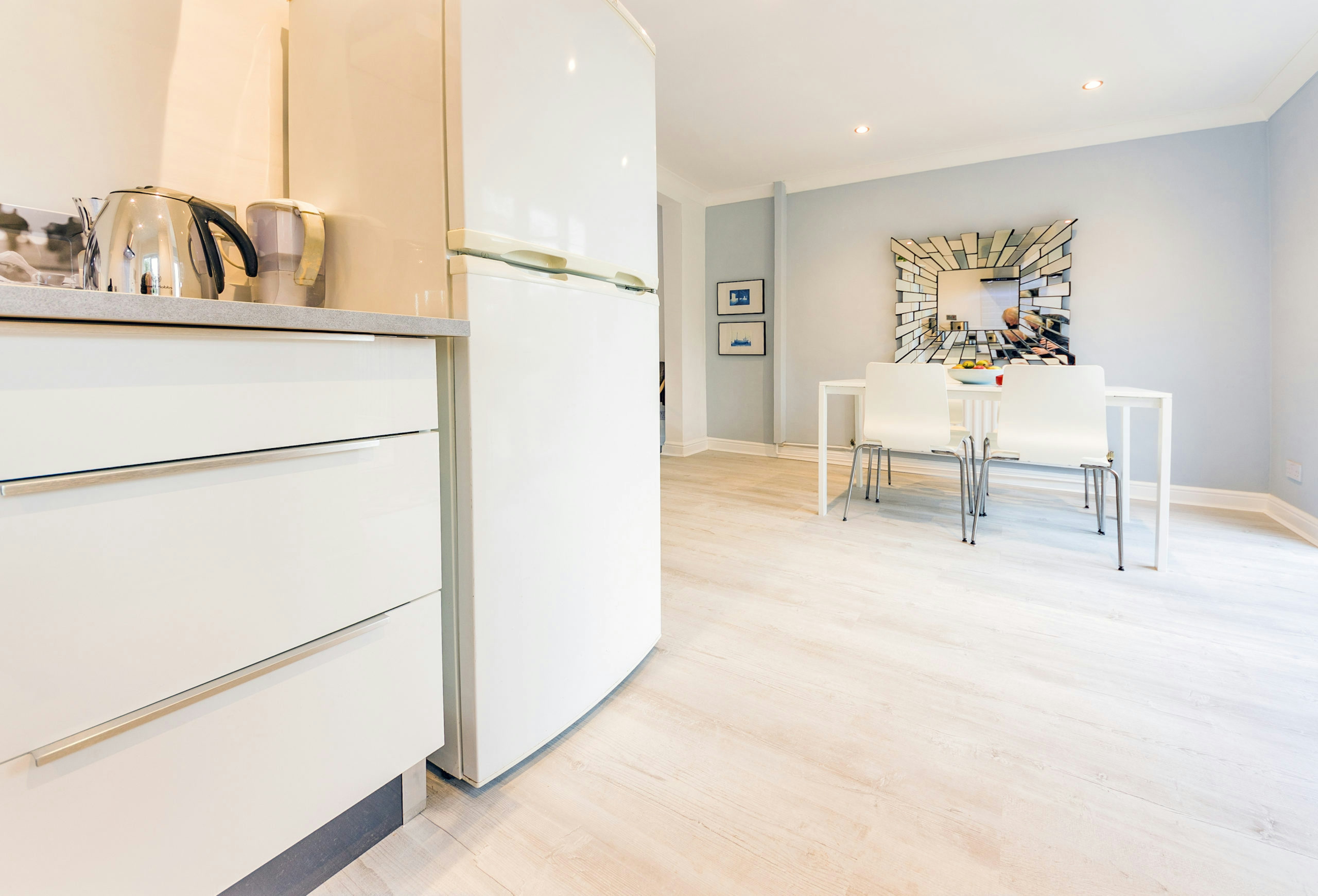Are landlords responsible for white goods?
The majority of landlords provide tenants with white goods in their rental properties. In most cases, landlords would be responsible for maintaining, repairing, and replacing these domestic appliances. However, this isn’t always the case.
By Alan Boswell Group

In this article, we look at landlord’s responsibilities for white goods, what tenants are responsible for, and different types of insurance cover that can help in the event of breakage or failure.
What are considered ‘white goods’ within a rental property?
White goods are large domestic appliances. Examples include washing machines, fridge-freezers, tumble dryers, dishwashers, cookers, hobs, and ovens. Traditionally, these items were normally white (and many still are).
Are white goods included in a rental?
The Housing Health and Safety Rating System (HHSRS) sets out guidance for landlords on the type of cooking facilities landlords must provide. So, you’ll need to provide either a separate hob and oven or a cooker with both.
When it comes to other white goods, it’s entirely up to landlords whether they want to add them to their rental property’s inventory. However, if you do provide items such as washing machines and fridge-freezers, it can make your property more attractive to prospective tenants.
Are white goods included if a property is listed as unfurnished?
White goods are commonly included if a property is listed as unfurnished, but there’s no obligation for landlords to provide them. Tenants should check what white goods are included before signing a tenancy agreement.
For more information, see our guide to renting out a property furnished or unfurnished.
What appliances must landlords provide?
In terms of white goods, landlords must provide either a cooker or a separate hob and oven.
There are various other appliances, fixtures, and fittings landlords must provide. These include:
One or more smoke alarms on each floor
Carbon monoxide alarms in any room with a fixed combustion appliance (except gas cookers)
Functional locks on external doors
A toilet
A shower or bathroom
A sink
A boiler / heating system
Floor coverings / safe exposed floorboards
Light fittings
In Wales, the rules around what landlords must supply are set out here.
Should landlords provide a microwave in a rental property?
No, landlords don’t have to provide a microwave in their rental properties.
Who is responsible for white goods in rental property?
If a tenant has their own white goods, they are responsible for their safety, maintenance, and repair.
If a landlord supplies white goods, they are responsible for their safety but may or may not be responsible for their replacement or repair. Any appliances must be safe and conform with the Electrical Equipment (Safety) Regulations 1994. It’s best practice to arrange regular PAT testing of supplied electrical appliances. While this is not normally a legal requirement in England and Wales, PAT testing is a legal requirement for Houses of Multiple Occupation (HMOs) and rental properties in Scotland under The Housing (Scotland) Act 2014.
Section 11 of the Landlord and Tenant Act 1985 outlines a landlord’s repair obligations, but white goods are not explicitly mentioned. However, if a tenancy agreement says that the landlord is responsible for replacing or repairing white goods, then they do have a contractual obligation to do so.
How often should landlords replace kitchen appliances?
If a cooker, hob, or oven can’t be repaired, you must replace it immediately.
When it comes to other kitchen appliances, it depends on your tenancy agreement. If the agreement says you will replace broken white goods, you should do so as soon as it’s practical.
Who is responsible if a white good is faulty within a rental?
Tenants are responsible for their own white goods if they are faulty. If a landlord has agreed to take responsibility for the white goods they provide, this will be set out in the tenancy agreement. Otherwise, the landlord is only responsible for making sure an appliance they have provided is safe, not that it works.
Can you claim on insurance if white goods break?
Landlord building insurance or tenants contents insurance from Alan Boswell Group will pay out for unintentional or unexpected damage to an appliance, such as if the property is flooded and the appliances no longer work. It won’t cover routine wear and tear or malicious damage. Tenants contents insurance would cover your own white goods, as well as your liability for damage to items belonging to the landlord.
In either case, you won’t normally be able to get cover for appliances over a certain age. This is normally eight or ten years. You may also have to pay higher excesses for white goods over five or six years old.
Property owners may also want to consider landlord emergency cover. This covers you for domestic emergencies, such as when a boiler breaks down, or a cooker develops a gas leak.
Is the landlord responsible for a broken fridge?
If the tenancy agreement says the landlord is responsible for a fridge they have supplied, then yes. Otherwise, they are not.
FAQs
Can a landlord refuse to replace a washing machine?
It depends on the tenancy agreement. Unless the agreement says the landlord is responsible for replacing white goods, they can refuse.
Can rent be withheld by a tenant if they have a broken washing machine?
No. This would be a breach of your contract with the landlord. Withholding rent could lead to a tenant facing Section 8 eviction proceedings. It’s far better to try and negotiate the problem with the landlord.
Do UK landlords have to provide a washing machine?
No. Landlords do not have to provide a washing machine, though many choose to in order to make their properties more appealing to prospective tenants.
Do UK landlords have to provide appliance manuals for white goods?
The Gas Safety (Installation & Use) Regulations 1998 require you to provide manuals for any gas appliance at the property. It’s also good practice to make manuals for all other appliances available to tenants.
Do UK landlords have to repair appliances?
Landlords are always responsible for repairing cookers, gas hobs and ovens. When it comes to other appliances, you need to refer to your tenancy agreement. Most landlords agree to repair white goods they have supplied, but they’re not legally obliged to do so.
Should a landlord provide a vacuum cleaner?
No, landlords do not have to provide a vacuum cleaner.
Responsibility for white goods can depend on several different factors. While many landlords choose to provide kitchen appliances, believing this to be one of the worthwhile costs of being a landlord, they are only responsible for repairing or replacing them if they agree to this in a tenancy agreement. Otherwise, their main responsibility is to ensure that any supplied white goods are safe.
White goods can be expensive, so it’s a good idea to protect them with insurance. Landlords can cover their appliances with either landlord buildings or contents insurance. Tenants can cover their own white goods with tenants contents insurance, as well as their landlord’s appliances via tenants liability insurance.
Need help with your insurance?
If you would like to learn more about how to insure white goods at a rental property, talk to a member of our specialist team today.
Make an enquiry
Related guides and insights

Guide to locks and keys on rental property
Who’s responsible for the locks and keys of a rental property? In this article, we look at the rights and responsibilities of both landlords and tenants when it comes to security.

Guide to landlord responsibilities
What are the legal responsibilities and obligations of a private landlord? Read our complete guide.

Landlord boiler responsibilities
Gas boilers are notorious for going wrong at the worst possible time, particularly in the winter. We look at landlords’ responsibilities for boilers and share tips for keeping them in good working order.

Landlord responsibilities: guide to fixtures and fittings
Fixture or fitting? When you’re a landlord, it pays to know the difference between the two. In this article, we look at the difference between fixtures and fittings, what landlords are responsible for and the best insurance for both.
